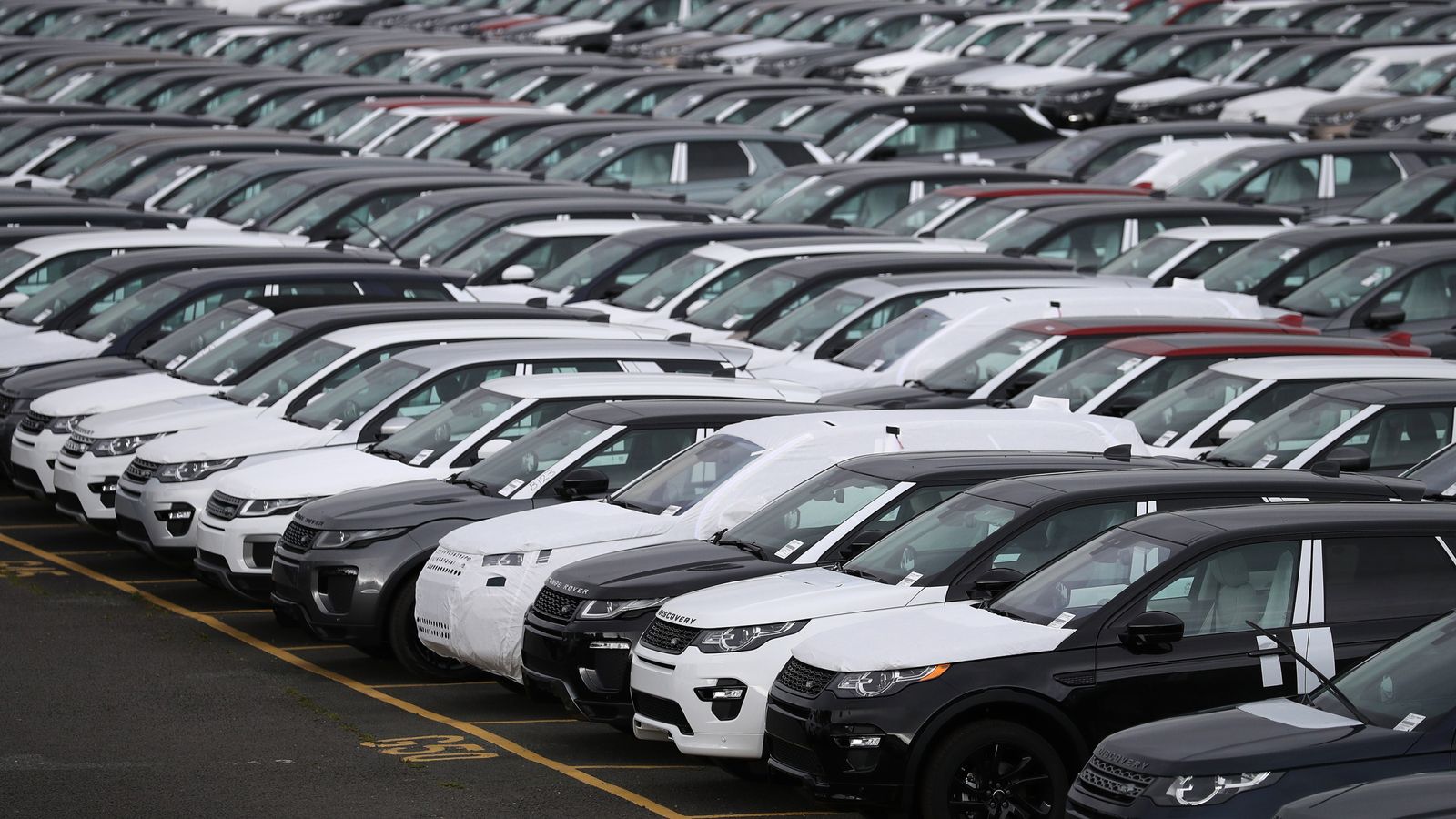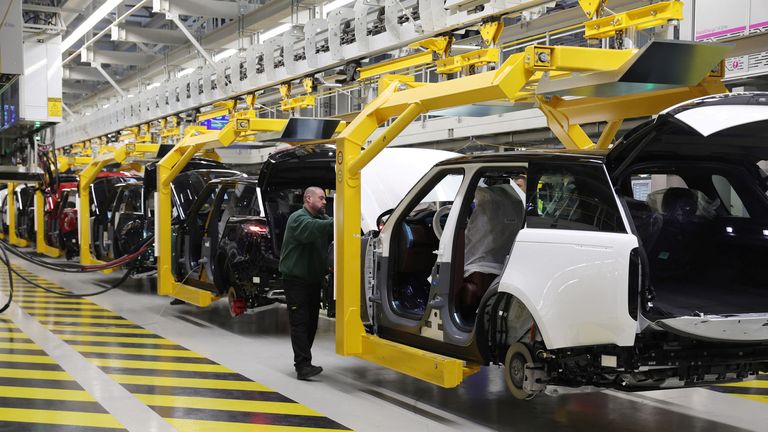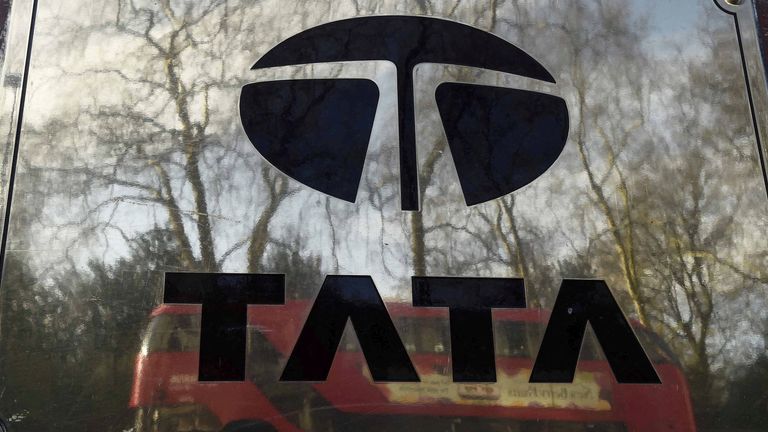Electric car battery factories matter to the UK – for one simple reason
There’s a simple reason why battery factories like the one announced today by Jaguar Land Rover owner Tata matter so much.
In much the same way as engines are the heart of petrol cars, batteries are the single most important component in an electric car.
They constitute most of the value of the finished product and, since they’re heavy and volatile, car manufacturers don’t like to transport them very far before putting them in their finished cars.
In short: if you want a fully fledged electric car industry, you ideally need a lot of battery factories – taking chemicals, pasting them onto electrodes and turning them into the cells that will go inside all these cars.
This is, in other words, about far more than just batteries: it’s about the wider car industry.
That helps explain why, right now, countries around the world are racing to build these so-called “gigafactories” (the term is a bit meaningless but ultimately just signifies a large-scale battery factory).
Economists argue on how wasteful this race is, but most industrial strategists say that if countries with car industries do not attempt to keep up, they are likely to see many if not all of those high-skilled manufacturing jobs depart for overseas.
Read more:
Fears for British car production without EU deal
Electric cars ‘will lead to £10bn tax shortfall’
Click to subscribe to ClimateCast with Tom Heap wherever you get your podcasts
Up until this announcement, the UK had been falling behind in the race, with only one gigafactory confirmed in the country, the planned 38 gigawatt hours (GWh – that being the scale of production) plant for Nissan at Sunderland.
The Tata gigafactory announcement will help keep the UK in the race, with a whopping 40GWh of production. This is considerably bigger than many expected – and means the UK will be halfway towards its eventual target.
It is, hope those in government and industry, a spark that will kickstart the wider industry.
That said, some will argue that even after this deal, Britain remains perilously far behind its competitors in Europe and, more to the point, Asia.
The rest of the world already has about 400 gigafactories; Britain is struggling to get off the starting line. And few can compete on price with China.
Much we don’t yet know
There is still much we do not know for sure about the deal.
Most notably, we’ve yet to have confirmation of precisely how much the government has contributed in guarantees and incentives to encourage Tata to choose the UK over its other potential site in Spain – though the number being talked about in Whitehall is about £500m.
That would constitute a significant slug of public money, especially at a time when government departments are being asked to rein in spending to finance the latest round of pay increases.
Nor do we know who Tata will partner with to make cells in their Somerset site.
This is of more than passing consequence. While there’s a chance Tata try to make their own batteries, it’s unheard of for a company from outside the sector to do so without outside assistance, so it’s very likely its cells are made by a specialist battery company.
The company whose name has been associated with the site is Envision AESC, a Chinese-owned firm which already operates the Nissan battery plant in Sunderland.
The upshot is that the UK would be reliant on a single Chinese-owned firm for all its battery production – a level of dependence which will at the very least raise eyebrows in the security-focused end of Britain’s administration.
Nor do we know much about how the UK will attempt to build out the rest of the battery supply chain.
There are mines being planned in Cornwall to produce lithium – but as of yet, no chemicals plants in the UK which could turn that lithium into the cocktail of battery chemicals (cathode active materials, as they’re known) which would get pasted onto electrodes at the battery factory. Something similar applies for other components going into the cells.
That being said, the decision is a significant one, and the hope is that once this factory gets underway, it helps lure in other suppliers close by.
With Britain’s battery sector having been in trouble in recent months, following the collapse of the other great hope of the sector, Britishvolt, the confirmation of a Tata plant could help shift the dynamic.
For all the latest business News Click Here




